



 Rewriting life stories with dignity and justice
Rewriting life stories with dignity and justiceWe are a non-profit, non-political organization committed to transforming lives within and beyond correctional centers in Nigeria.
Incarceration affects millions of lives around the world, often in ways that go unseen. Beyond serving prison time, many face wrongful convictions, lose their livelihoods and families, and struggle with despair that can lead to suicide. These challenges are especially severe in Nigeria, where gaps in the justice system and limited mental health support create additional barriers to healing and reintegration. By shedding light on these issues, we aim to raise awareness and inspire action to protect human rights and support those impacted by the prison system.
Worldwide:
Organizations like the Innocence Project estimate that 2% to 10% of all prison sentences globally may involve wrongful convictions. In the United States alone, over 2,800 individuals have been exonerated since 1989 through DNA evidence and other means (National Registry of Exonerations, 2024). The World Justice Project emphasizes that weak or opaque legal systems worldwide significantly contribute to this problem.
Nigeria:
Although precise data is scarce, Nigerian legal advocacy groups report frequent wrongful convictions due to inadequate legal representation, corruption, and severe delays in court processes (Human Rights Watch, 2021). Some estimates suggest 5–15% of Nigerian prisoners may be wrongfully convicted, though these figures are not officially verified (Prisoners’ Rights Advocacy Initiative).
Worldwide:
According to the Prison Policy Initiative, incarceration often leads to long-term job loss, housing instability, family breakdown, and social exclusion. A 2016 report found that over 2 million people globally lose their homes due to incarceration annually. The World Bank also notes that formerly incarcerated individuals face deep poverty and marginalization upon release.
Nigeria:
In Nigeria, the absence of formal social welfare systems leaves former inmates especially vulnerable. Studies show that more than 70% of Nigerian ex-prisoners struggle with unemployment and homelessness post-release (CLEEN Foundation, 2020). Additionally, societal stigma exacerbates their economic hardship and isolation.
Worldwide:
The World Health Organization (WHO) reports that suicide rates in prisons are 3 to 9 times higher than in the general population. The International Association for Suicide Prevention (IASP) estimates that about 15% of global suicides are connected to incarceration or recent release. Prison environments often trigger or worsen mental health issues, contributing to this risk.
Nigeria:
While official figures are lacking, Nigerian media and NGO reports have documented frequent suicide attempts and deaths within correctional facilities. The Nigerian Correctional Service has acknowledged that overcrowding, abuse, and lack of support contribute to mental health crises. NGOs like Stand To End Rape (STER) and Mentally Aware Nigeria Initiative (MANI) have also reported rising concerns about suicide both during incarceration and after release, linked to despair and inadequate support systems.
Chibuike Anthony Abazuo founded the Anthony Abazuo Rehabilitation and Reintegration Foundation in 2020, with official registration and approval by the Corporate Affairs Commission (CAC) in 2025.
He holds a Master’s degree in Social Justice and Public Service, a qualification that fuels his dedication to advocacy, equity, and inclusion. His professional experience includes serving as an Assistant Manager at the Learning Disability Network (LDNLondon), and also working at Kingston and Richmond NHS Foundation Trust, where he worked closely with vulnerable individuals and underserved communities.
We believe that with the right support, people can rewrite their stories — from incarceration to reintegration, from despair to dignity.
Explore our portfolio of successful projects that showcase the impact we ve made
Years Of Existence
Monthly Donors Supporting The Cause
Global Partners Contributing To Projects
Completed Projects Directly Impacting Lives
At the heart of our mission is a commitment to hope, dignity, and second chances. Through our programs, we provide free legal aid, essential care, rehabilitation, and reintegration support to inmates and ex-offenders while working to improve the justice system. Each initiative is designed to empower individuals, restore lives, and build a society where true justice and transformation are possible for everyone.
Free legal aid initiative for indigent inmates.
Skills training and reintegration support for ex-offenders.
Donation drives for hygiene, dental, and clothing materials for inmates.
Rehabilitation seminars and counselling within correctional centers.
Strategic dialogues with stakeholders to improve justice systems.
We provide pro bono legal representation to inmates who are unable to afford lawyers. Our legal team ensures fair representation in court and works to prevent prolonged pretrial detentions.
We assist ex-inmates with their transition back into society by offering mentorship, skills acquisition, mental health support, and follow-up reintegration programs.
Through our outreach initiatives, we provide clothing, dental kits, hygiene products, and other essential items to inmates to improve their dignity and living conditions.
We collaborate with government agencies, civil society groups, and private organizations to build an inclusive, rehabilitative support system and push for policy reforms that promote reintegration and justice.
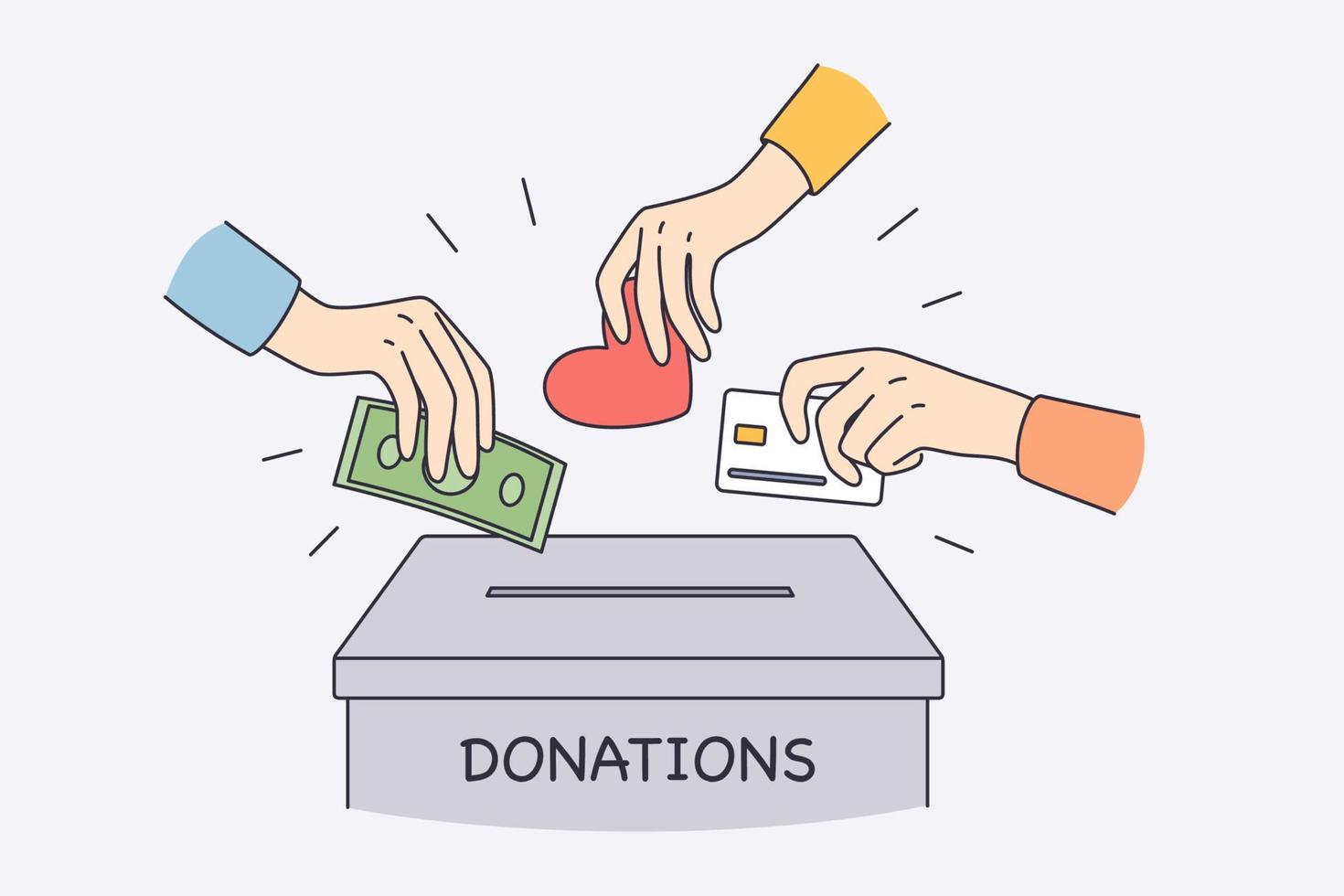
Your contributions help transform lives by facilitating justice for individuals unjustly held in prison without trial, supporting wrongly sentenced inmates, and reintegrating ex-offenders into society with dignity and hope.
Through your support, we also extend our impact by repairing public schools, providing clean water to rural communities, and empowering youths through skill acquisition programs.
Every contribution counts, and we ensure transparency in our financial records to make your support impactful and accountable.
Anthony Abazuo Rehabilitation and Reintegration Foundation
A/C: 0235577596
Bank: Union bank





The Anthony Abazuo Rehabilitation and Reintegration Foundation is dedicated to addressing key social and human rights challenges affecting vulnerable individuals and communities. Our core focus areas include:
To get involved, please contact us at:
07577341192, +234 703 851 4164 or +44 7780 232580,
OR
website https://aarrfoundation.com/
Your voice can be a tool for change. Join us in standing up for the rights of those who can’t always speak for themselves.
Yes, the Anthony Abazuo Rehabilitation and Reintegration Foundation is currently focused on operations within Nigeria, with active programs in (Lagos and Abuja).
While our present activities are regionally based, our long-term goal is to expand globally, offering rehabilitation, reintegration, and human rights advocacy services to vulnerable individuals and communities around the world. We are laying a strong foundation in Nigeria to develop effective, scalable models that can be replicated internationally.
Our commitment remains local in focus for now but global in vision.
Yes, absolutely!
The Anthony Abazuo Rehabilitation and Reintegration Foundation welcomes remote volunteers and supporters from anywhere in the world. Whether you are a student, professional, advocate, or simply passionate about human rights and rehabilitation, you can contribute your time and skills remotely in areas such as:
1. Online advocacy and awareness campaigns
2. Content creation (writing, graphics, video editing)
3. Social media management and engagement
4. Virtual training or mentoring
5. Fundraising and donor outreach
6. Research and grant writing
We provide remote volunteers with clear roles, regular communication, and tools to make your involvement impactful even from a distance.
Yes, you can support human rights from home and your voice matters more than ever.
At the Anthony Abazuo Rehabilitation and Reintegration Foundation, we believe that advocacy begins where you are. From the comfort of your home, you can take powerful steps to promote and protect human rights:
Ways to support from home:
1. Raise Awareness: Share human rights messages, survivor stories, and campaign updates on social media to educate others and challenge stigma.
2. Write and Advocate: Write blog posts, articles, or letters to raise awareness about injustice, rehabilitation, and social reintegration.
3. Host Virtual Discussions: Organize or participate in online talks, webinars, or community forums to discuss human rights topics and encourage dialogue.
4. Volunteer Remotely: Offer your skills in areas like research, content creation, graphic design, or digital advocacy.
5. Support Fundraising Campaigns: Help raise funds or donate to support programs that directly impact lives affected by injustice and marginalization.
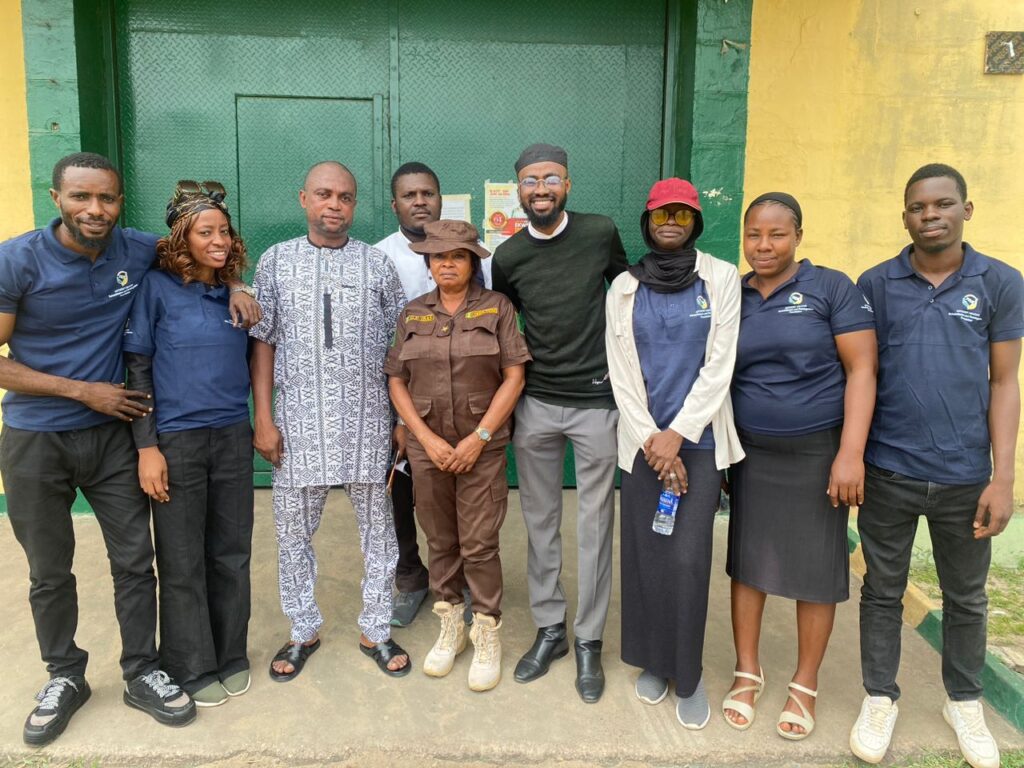
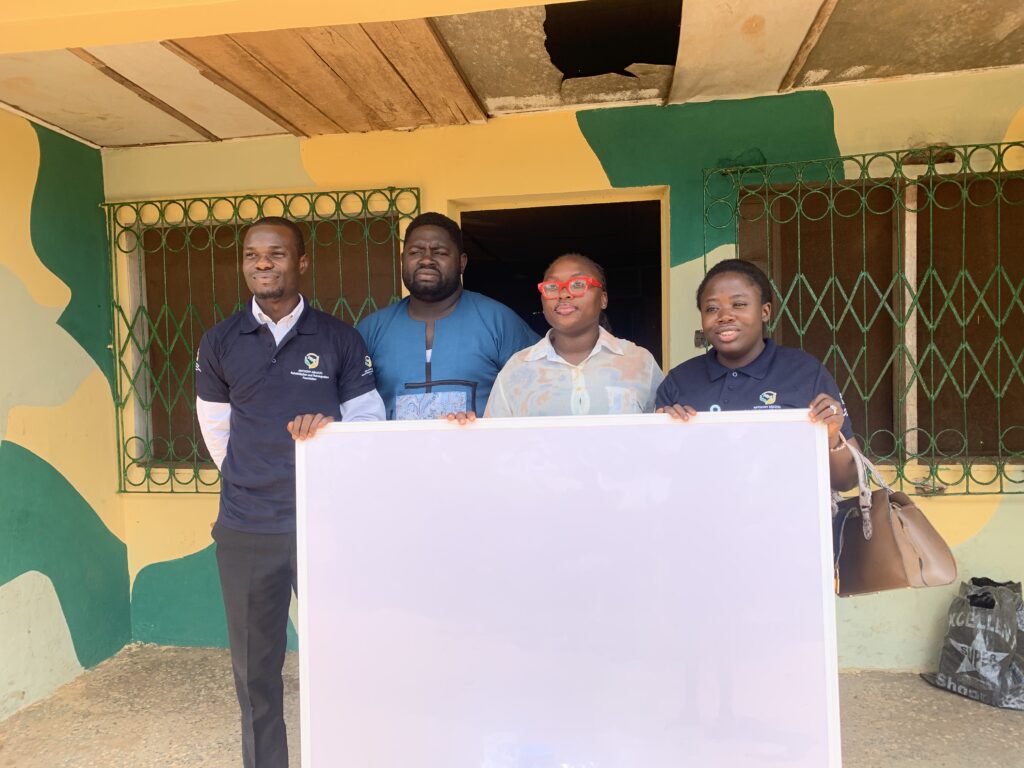
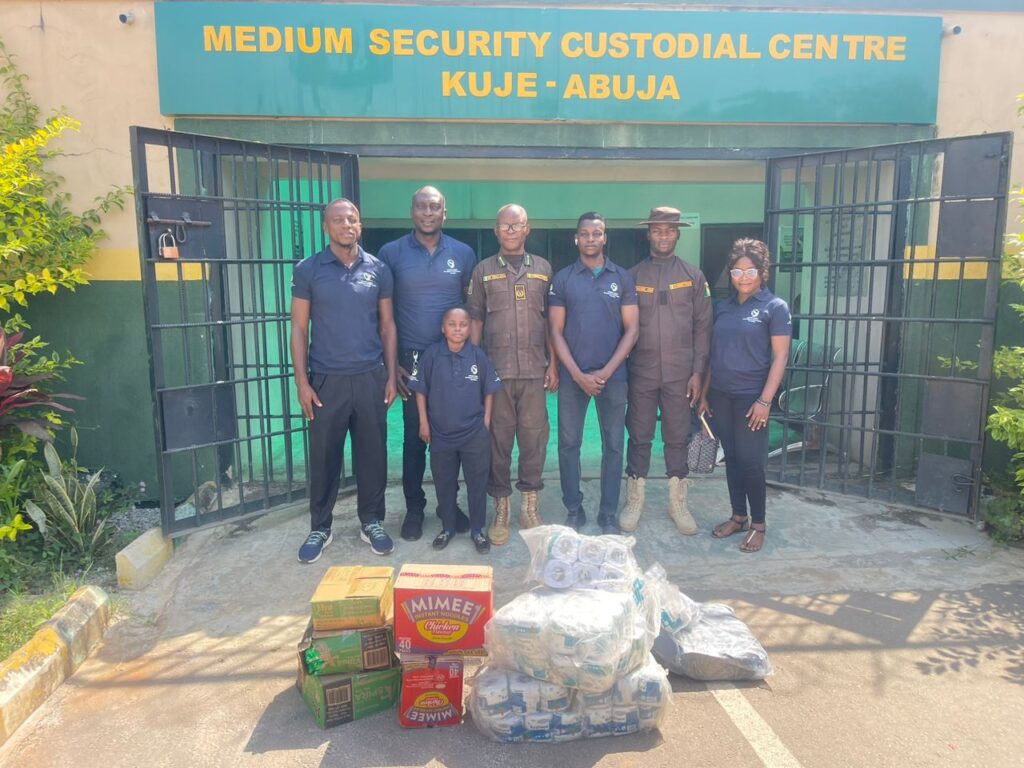
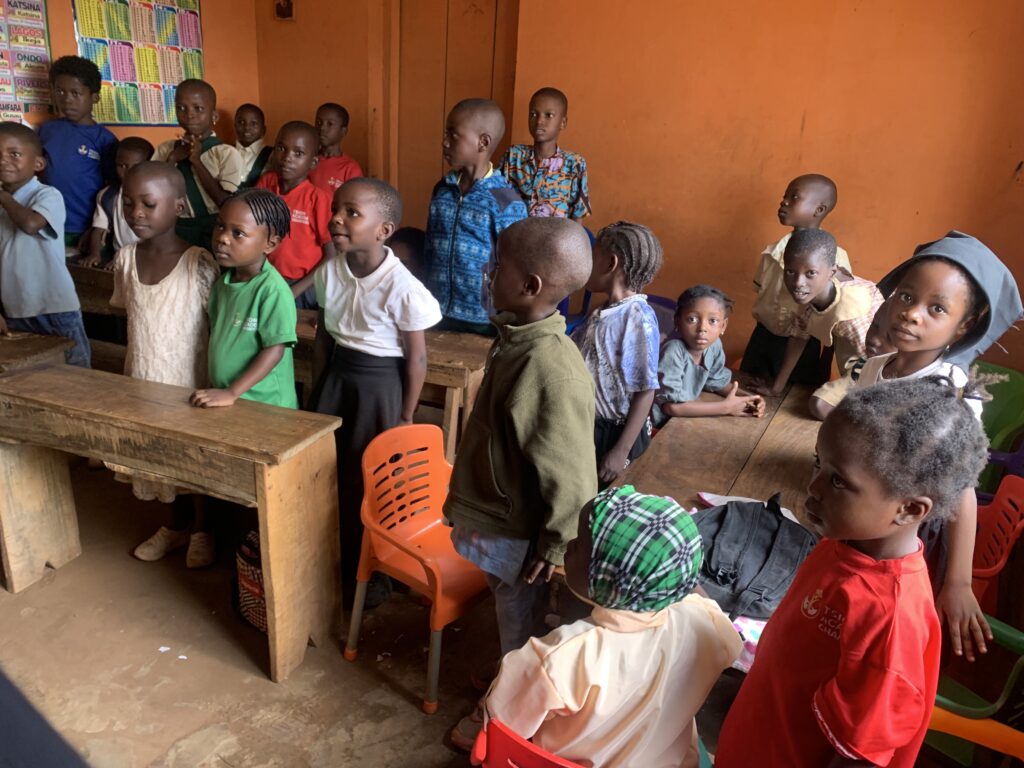
Every action, no matter how small, can make a world of difference in the lives of those affected by disaster. Whether it’s a donation.
Online-Casinos mit Paysafecard in Deutschland richten sich an Spieler, die Wert auf Sicherheit und einfache Zahlungsprozesse legen. Die Paysafecard ermöglicht es, ohne Angabe sensibler Daten einzuzahlen, was besonders für sicherheitsbewusste Nutzer attraktiv ist. Durch das Prepaid-System behalten Spieler jederzeit die Kontrolle über ihre Ausgaben.
Deutsche Spieler sollten beachten, dass Einzahlungen mit Paysafecard meist sofort verfügbar sind, während Auszahlungen über andere Methoden erfolgen. Dennoch bleibt Paysafecard eine beliebte Wahl für den Start im Casino, insbesondere für Gelegenheitsspieler. Viele Anbieter kombinieren diese Zahlungsmethode mit übersichtlichen Benutzeroberflächen und klaren Spielregeln.
Ein weiterer Vorteil eines Paysafecard Casino liegt in der schnellen Abwicklung und der einfachen Handhabung. Es sind keine langen Verifizierungsprozesse für Einzahlungen notwendig, was den Einstieg erleichtert. Zudem eignen sich diese Casinos gut für Spieler, die ihre Spielaktivitäten bewusst begrenzen möchten.
Die Besonderheiten von Online-Casinos mit Paysafecard in Deutschland zeigen sich auch im Fokus auf Fairness und Transparenz. Klare Bonusbedingungen, bekannte Spiele und ein strukturierter Spielerschutz machen diese Casinos zu einer soliden Option für Spieler, die eine unkomplizierte und sichere Zahlungsart bevorzugen.
Encontrar o melhor casino online em Portugal exige atenção a alguns critérios essenciais. Os jogadores devem procurar plataformas licenciadas, com segurança garantida, métodos de pagamento confiáveis e suporte ao cliente em português. Estes fatores asseguram uma experiência de jogo segura e sem complicações.
Os melhores casinos online oferecem uma ampla variedade de jogos, incluindo as melhores slots, jogos de mesa como roleta, blackjack e poker, além de casinos ao vivo com dealers reais. Promoções contínuas, bónus de boas-vindas e programas de fidelidade aumentam as chances de ganhar dinheiro e proporcionam experiências mais gratificantes.
Avaliar análises especializadas, rankings e opiniões de outros jogadores ajuda a identificar qual o melhor casino online portugues para ganhar dinheiro de forma confiável. Além disso, sites responsivos e compatíveis com dispositivos móveis permitem jogar em qualquer lugar, tornando a experiência ainda mais conveniente. Escolher a plataforma certa garante entretenimento de qualidade, segurança e oportunidades reais de vitória.
We are a non-profit, non-political organization committed to transforming lives within and beyond correctional centers in Nigeria. Our mission is rooted in hope, justice, and dignity — working tirelessly to support inmates, ex-inmates, and underserved communities through rehabilitation, reintegration, and free legal and social services.
© 2024 Anthony Abazuo Rehabilitation and Reintegration Foundation. All Rights Reserved.